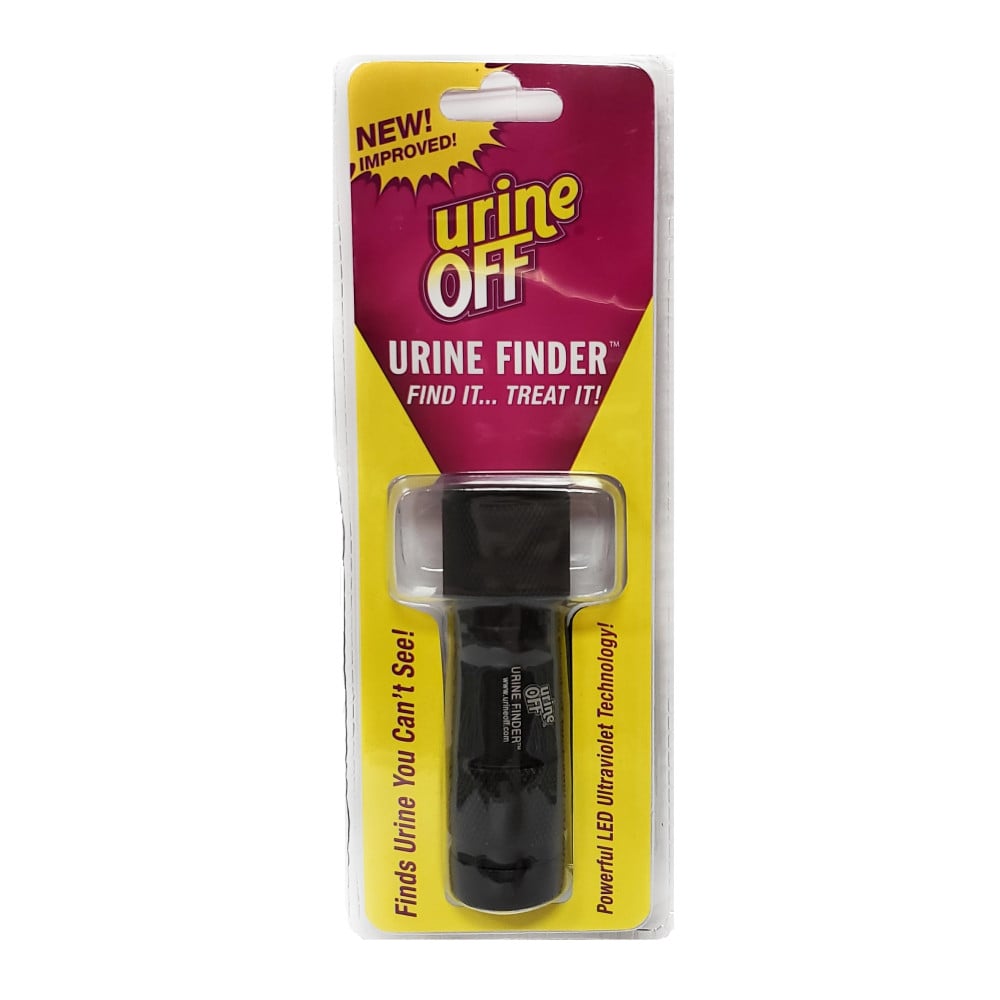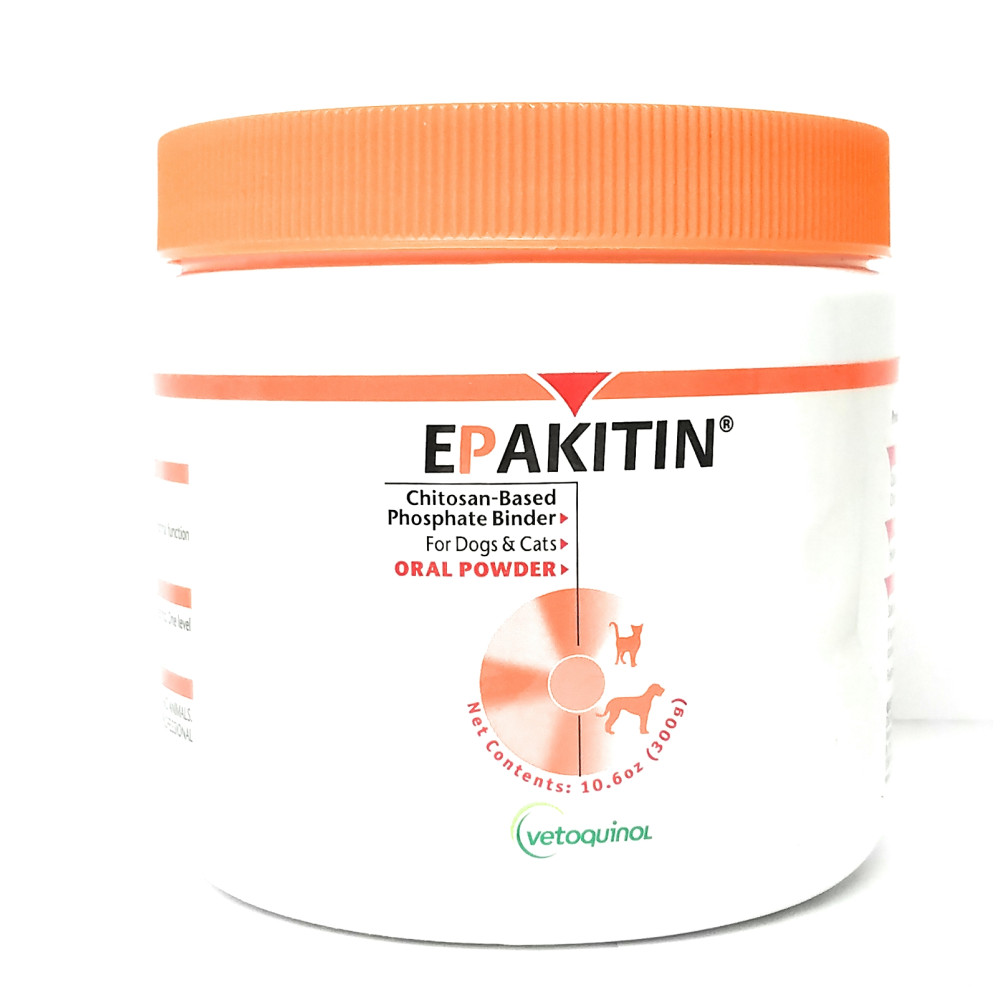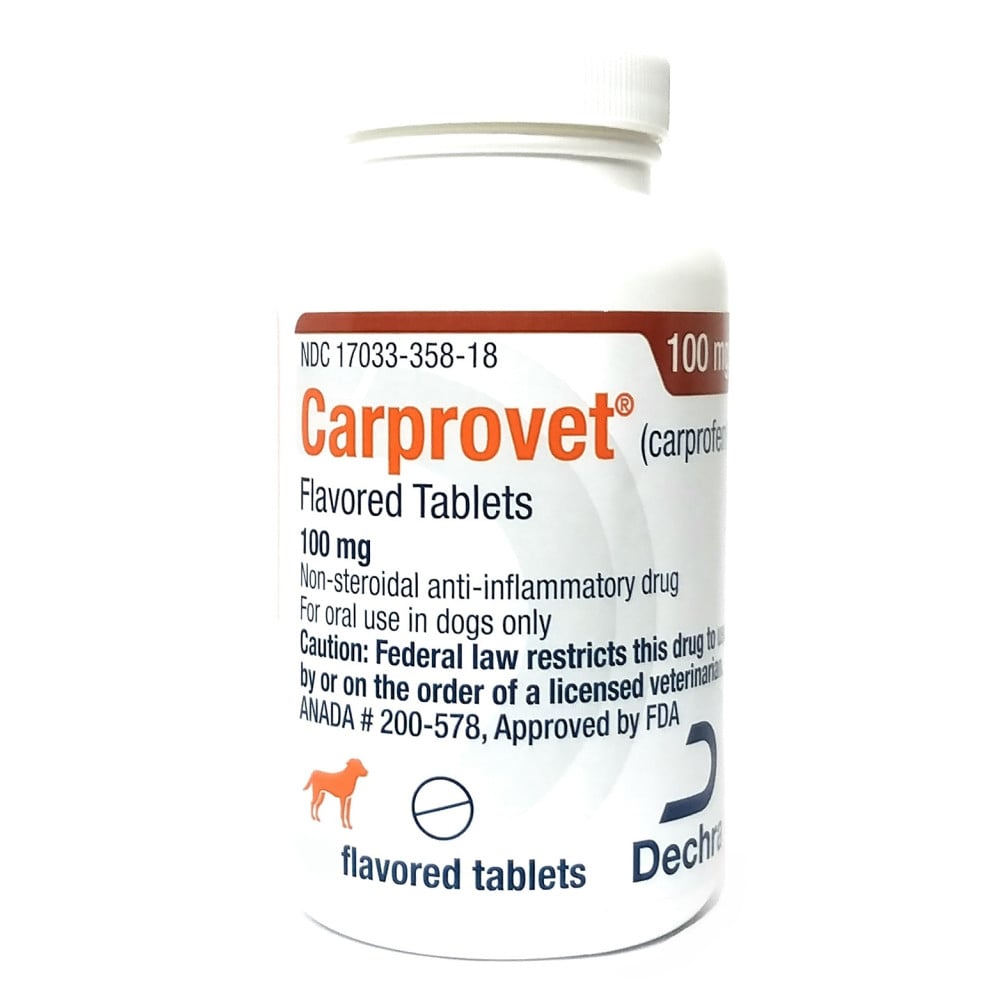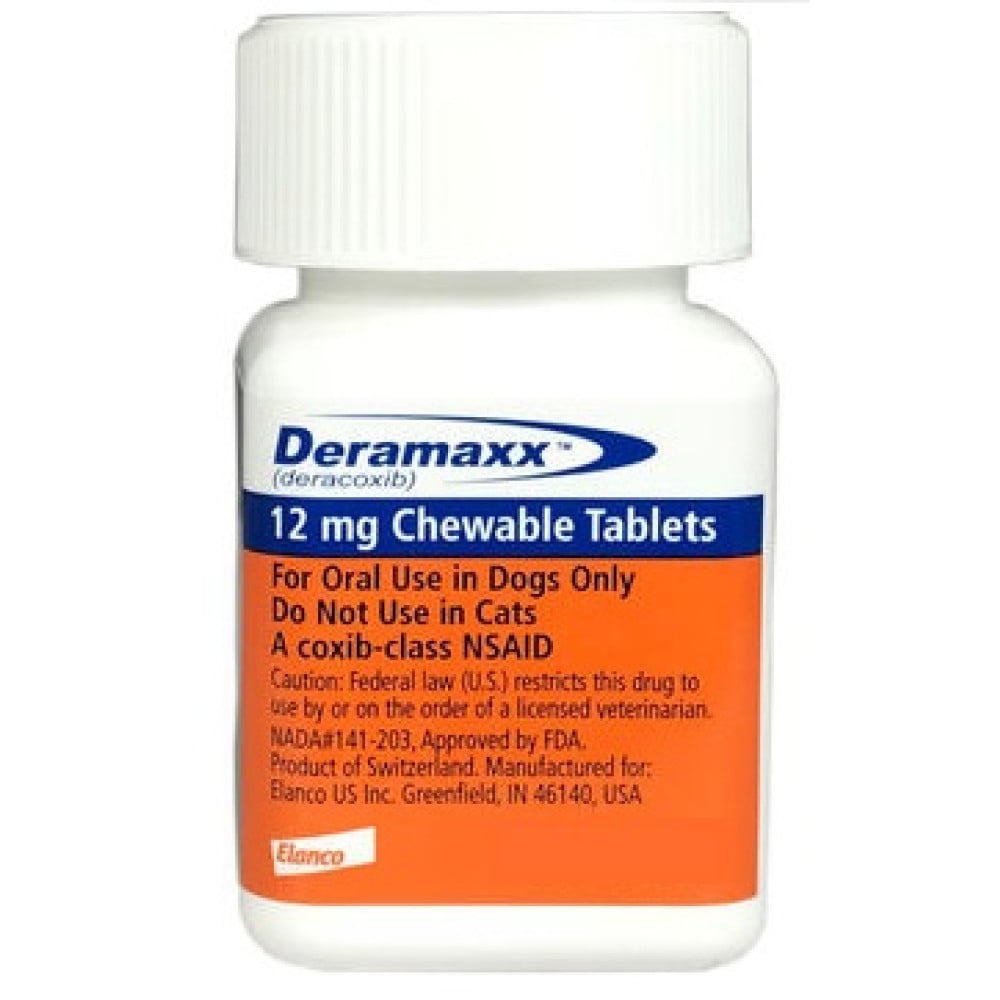Urinary Tract Infections & Kidney Disease in Alaskan Malamutes
Cystitis is a bacterial infection of the lining of the bladder. Urethral infections in both males and females often precede bouts of cystitis. Other predisposing causes include increasing diabetes, and being on steroid therapy for a long time. In male dogs who are intact, Prostate problems seem to go along with cystitis. Dogs that go long periods of time without eliminating have a greater risk of developing bladder infections so especially as your dog ages, make sure he gets outside to potty enough during the day. Cystitis can also cause urinary stones. The stones may form around the bacteria present in the bladder.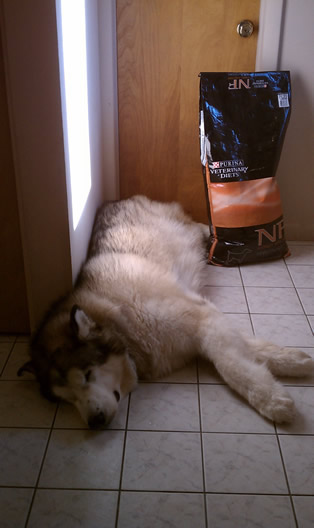
The main symptom is painful urination. Unfortunately, most Malamutes will not let on they are in pain so your only real symptom may be bloody urine (not always easy to see) and increased frequency. The urine may appear cloudy or smell worse than usual. They may ask to go out more than usual or have non-typical accidents in the house. Females may lick at the vulva or have a vaginal discharge. Other dogs my take an increased interest in that dogs pee. The only way to know for sure is to get a urinalysis from your veterinarian where it will show bacteria, white blood cells, and often red blood cells in the urine.
Cystitis should be treated promptly to prevent kidney infection. The veterinarian will prescribe an oral antibiotic that is effective against the particular bacteria causing the problem. Usually the antibiotics are given for 10 days or longer. It's important to have the urine checked again about a week after stopping the antibiotics to make sure the infection hasn't returned.
Urinary acidifiers sometimes help prevent bacteria from adhering to the bladder wall. Blackberries, raspberries and cranberries have compounds called ellagitannins that prevent bacterial adhesions to the bladder wall. Vitamin C or d-I methionine, even raw meat, may help as well to lower urine pH. The more acidic the urine, the less likely it is to harbor bacteria. We have prevented full-blown urinary tract infections if caught early with just some cranberry juice added to a dogs food.  If your dog doesn't like the taste of cranberry juice, you can get cranberry tablets at the health food store. If this doesn't work, next step is antibiotics. If antibiotics and natural methods (berries, juice, vitamins) aren't solving the problem, that suggests a secondary problem, such as bladder stones or kidney disease. The vet will need to do x-rays or an ultrasound to look for stones. A secondary attack is also treated with antibiotics based on bacteria sensitivity tests. Chronic forms of cystitis may require the use of urinary antiseptics or long-term antibiotics.
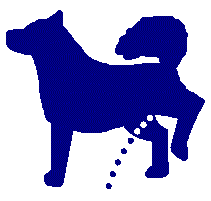 Glucosamine and chondroitin sulfate have been shown to help some cats with recurrent urinary infections. These are safe supplements that might help dogs too -although there is no evidence that they affect urinary tract problems in dogs.
Glucosamine and chondroitin sulfate have been shown to help some cats with recurrent urinary infections. These are safe supplements that might help dogs too -although there is no evidence that they affect urinary tract problems in dogs.
When Riggs began asking to go out frequently and desperately we took him for a workup at MSU. Our local vet had noticed that his urine was not as concentrated as it should be - in other words it was more water than pee. The workup at MSU determined he had early stage kidney disease and with just a change in diet to a lower protein food helped him hang in there for more years than expected. When kidney disease is suspected, you will need to keep protein to a minimum because it is difficult for the kidneys to filter. Since dogs are carnivores mainly, it becomes difficult to get enough protein, and not aggravate the kidneys. What we discovered (your mileage may vary) is to use a combination of special kidney kibble and an occasional raw meaty bone. This is where feeding completely raw may help your dog as well. Because the meat acidifies the urine, the dog can tolerate an occasional high-protein meal - which makes up for the fact that the food he eats most of the time is almost all carbohydrates and little protein. Riggs did well on the ProPlan NF Kidney function. Our vet stocks Science Diet (which our dogs have never done well on) so I have to special order it. At least this has been our experience. Please discuss any menu changes with your vet before attempting something new.
While we think of kidney and bladder problems affecting older dogs - it's actually younger dogs that are more likely to be affected by cystitis unless there is an underlying problem such as kidney disease. Therefore, if you notice your Malamute straining or urinating more frequently, or having accidents or blood in the urine, have them checked immediately before more serious damage is done..

